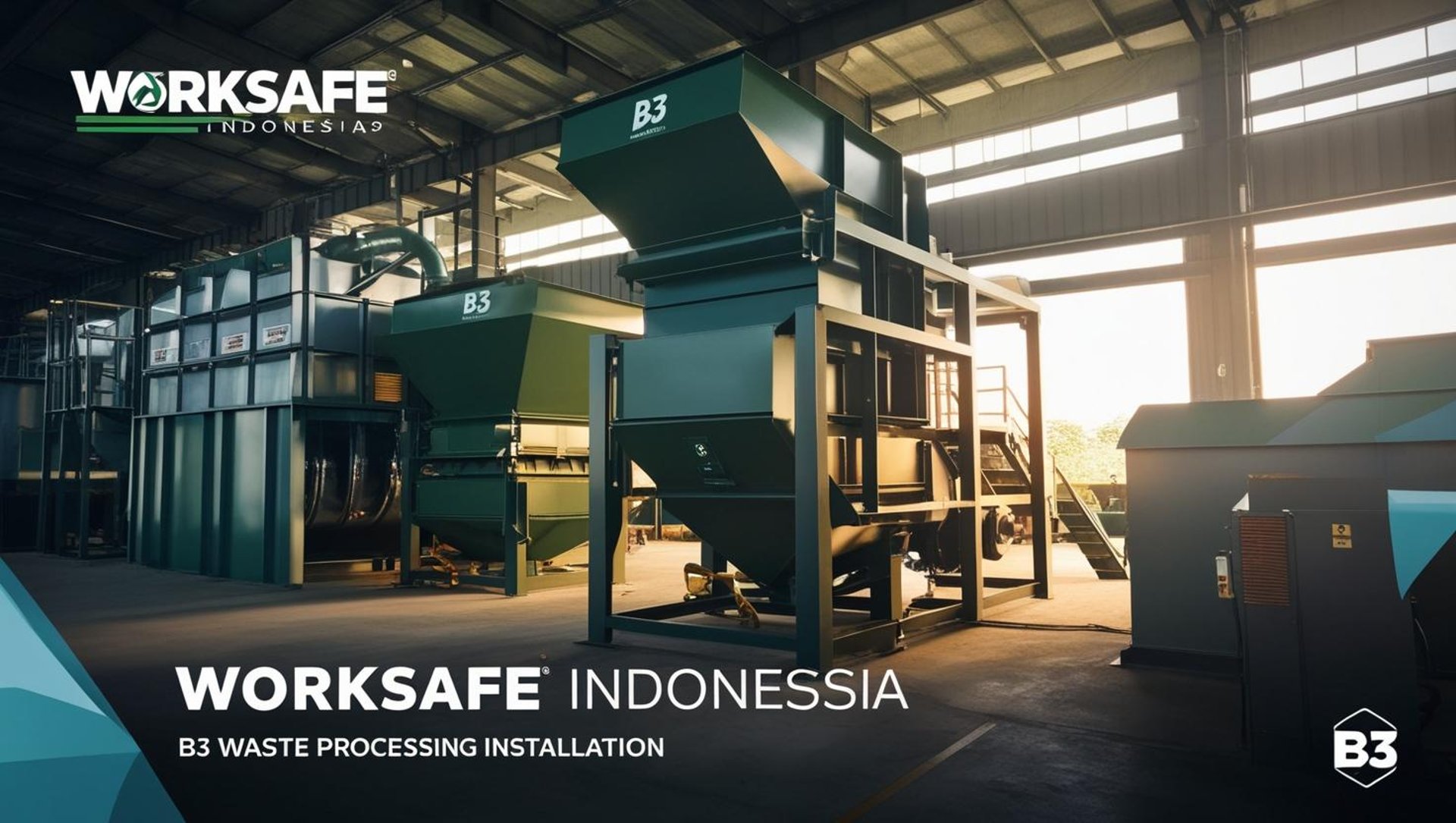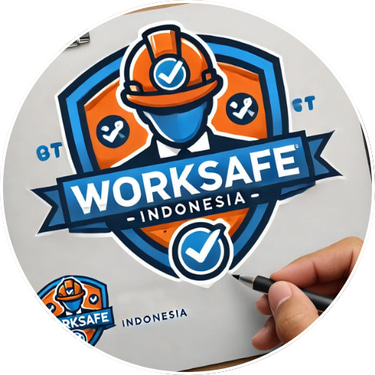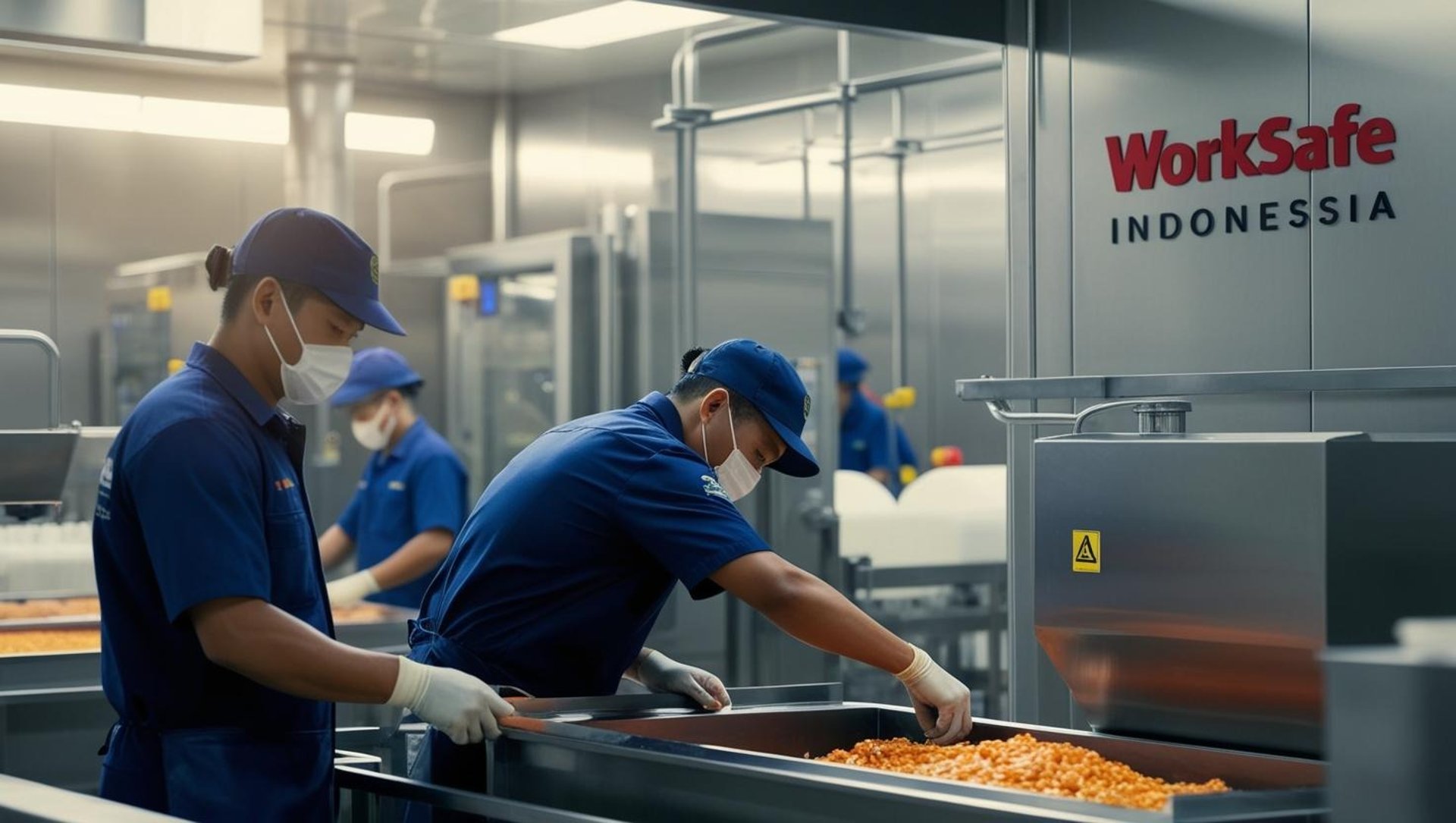
Promoting All About Safety, Health and Environmental
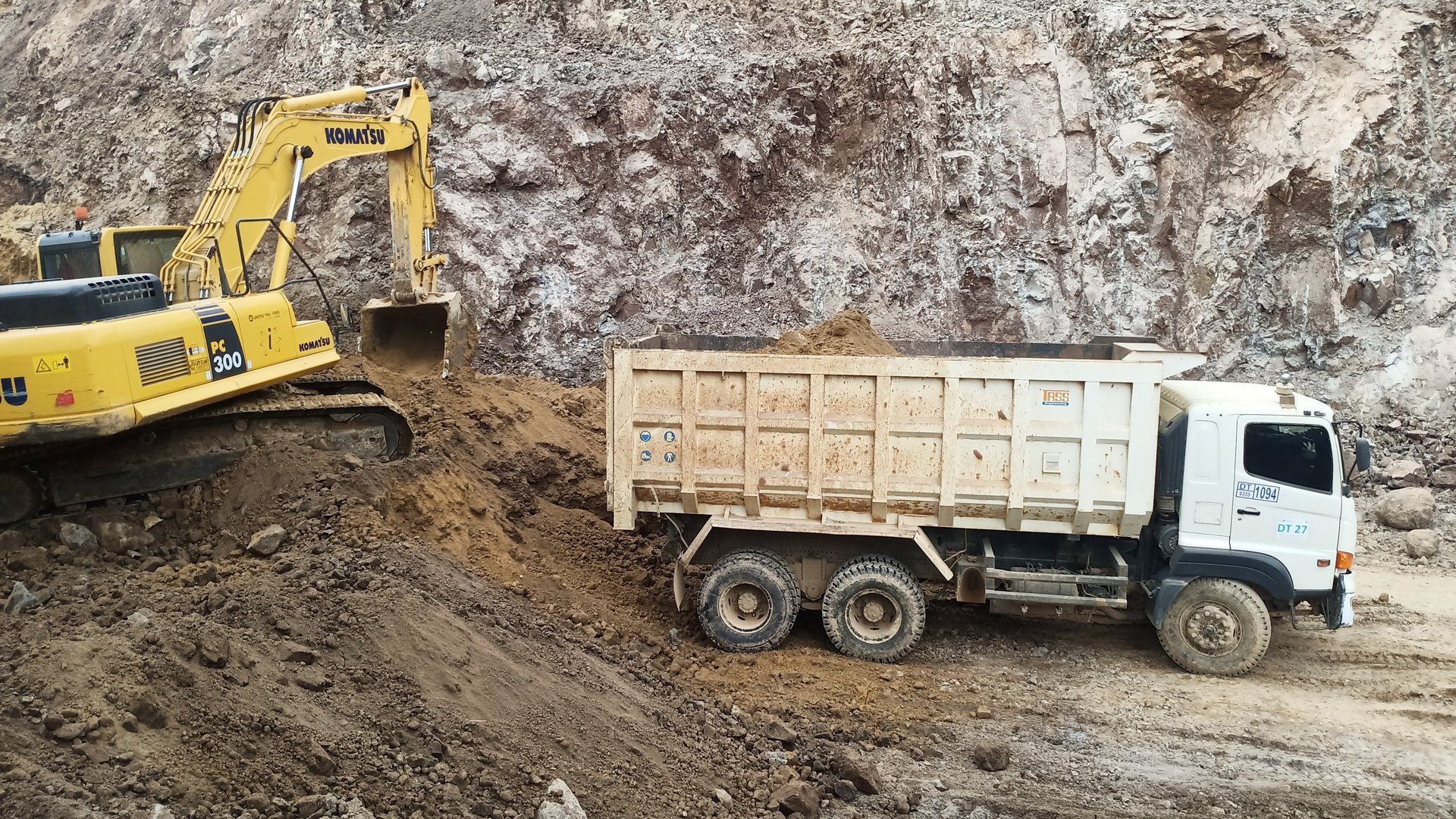
Excavation Safety: Protecting Lives Below Ground
Excavation Safety: Protecting Lives Below Ground At Worksafe Indonesia, safety is not just a policy — it's a culture. One of the most critical aspects of construction safety is excavation safety. Whether you're digging a trench or a foundation, working below ground brings a unique set of hazards that must be managed with care and planning.
SAFETY
Septian Indra
4/24/20251 min read
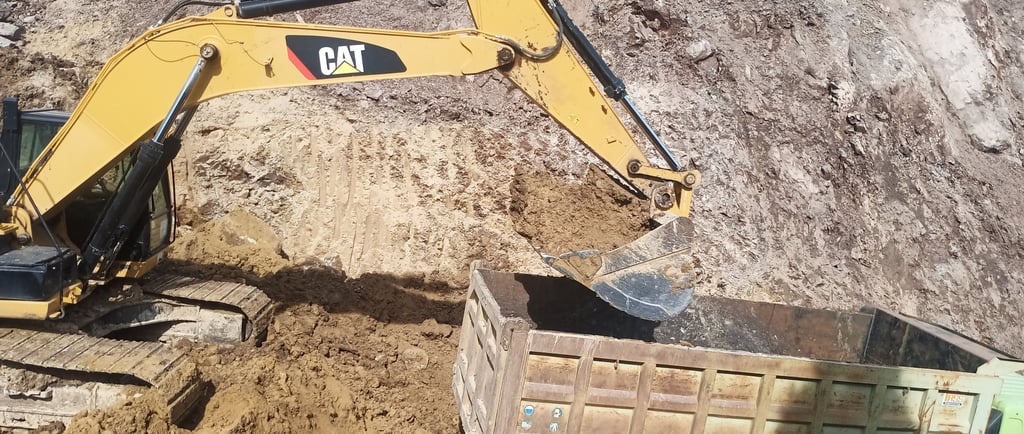

Excavation Safety: Protecting Lives Below Ground
At Worksafe Indonesia, safety is not just a policy — it's a culture. One of the most critical aspects of construction safety is excavation safety. Whether you're digging a trench or a foundation, working below ground brings a unique set of hazards that must be managed with care and planning.
Why Excavation Safety Matters
Excavation work is one of the most hazardous operations in construction. The primary risks include:
Cave-ins, which are the leading cause of excavation-related fatalities.
Falling loads and tools.
Hazardous atmospheres, such as low oxygen levels or toxic gases.
Underground utilities, like electrical lines or gas pipes.
Each of these dangers can be deadly, which is why preparation and adherence to safety standards are essential.
Key Principles of Excavation Safety
1. Pre-Planning and Risk Assessment
Before any excavation begins, conduct a thorough site inspection and soil analysis. Identify potential hazards, plan for utility detection, and establish emergency procedures.
2. Protective Systems
Use appropriate protective systems based on the depth and type of soil:
Sloping: Cutting back the trench wall at an angle to prevent collapse.
Shoring: Using supports to prevent soil movement.
Shielding: Installing trench boxes to protect workers.
3. Access and Egress
Provide safe ways for workers to enter and exit excavations, such as ladders or ramps. These should be within 25 feet of all workers.
4. Daily Inspections
A competent person must inspect the excavation site daily and after any event (rain, vibrations, etc.) that could increase risk.
5. Training and Communication
All workers must receive training on:
Recognizing excavation hazards.
Emergency procedures.
Proper use of protective systems and equipment.
Clear communication is vital—everyone on-site must understand the safety plan.
Worksafe Tips for Safer Excavations
Never work under unsupported trench walls.
Mark and avoid underground utilities.
Wear high-visibility and protective clothing.
Use barriers and warning signs to prevent accidental entry.
Let’s Dig Safely, Together!
At Worksafe Indonesia, we believe that every hole dug safely is a life protected. With the right knowledge, planning, and attitude, we can prevent accidents and ensure everyone goes home safely.
Keep safe. Be safe!!
